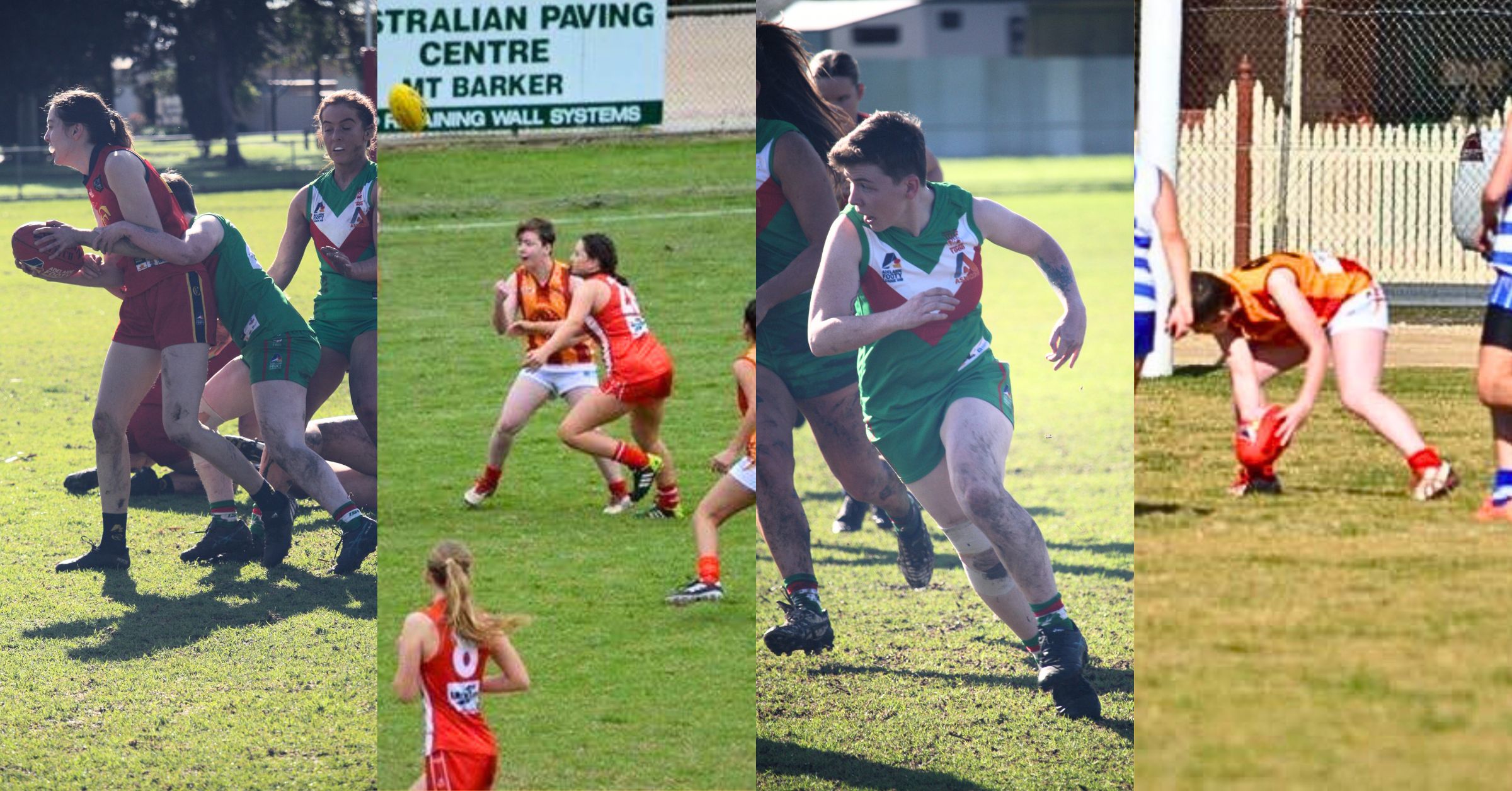Louise Weekley talks about how her idea of leadership has been influenced by her experience of disability.
If you asked me five to ten years ago about what leadership is, this is what I would’ve said: A leader is someone who can take charge and can stand tall in a room full of people. Ask me now, and you probably wouldn’t get the same response.
I am a person living with a disability. I identify as part of the LGBTQIA+ community and I identify as female. You might say I am someone who doesn’t fit into the standards of society. This has meant that how I interact with the concept of leadership has allowed me to see the good and bad of leadership within the disability space.
I have played Aussie Rules football since aged 7. Growing up, girls playing footy was very limited, let alone girls who also have cerebral palsy.
In 2017, I played an entire season of under 18’s. We made the grand final, and I was the only player to spend the entire game on the bench. Despite, the week before, being named in the best players, my coach decided that all I was worth was a spot on the bench.
This is one of the most memorable moments of when someone I looked to for leadership failed me, and treated me as less because of my disability. As you could imagine, this wrecked my confidence, and I didn’t want to continue playing the following year. Thankfully, I decided that I wanted to finish up my junior career at the same club, and, with that, came a new coach. I went on to play my best year of footy ever, and even ended up playing an entire season of seniors along with juniors. That was all because I had a coach that treated me as an equal to my teammates, and just by doing that, filled me with the confidence I needed to do well.
Leadership is listening, leadership is equal opportunity and, yes, a leader is someone who is able to take charge, but they need to do it alongside the people they lead, not in front of them.
As a person living with a disability, I’ve found that there is a limited number of leaders who look like me. I never saw anyone like me in society, in the media, or even in my local communities.
I came to understand my life, as a person who is disabled, through the descriptions of those around me. I was told that I would end up working in a supported workplace, that I probably wouldn’t have kids or get married, and that if I did get married, it would not be to someone that actually loved me.
I knew that was not the life I wanted, nor the life I would have. I became motivated to work towards leadership opportunities. While at school, I actually ended up holding a leadership role from year 5 all the way through to year 12 Student Representative Council and president of the LGBTQIA+ peer group.
As I got older, I started navigating being a leader within the disability community, hoping to be the representation I didn’t have growing up. I start studying social work, with the goal of empowering and supporting individuals living with a disability to live independent lives. While studying, I became a disability support worker, and realised that being a social worker was not for me. I switched to studying disability and developmental education.
Changing my course of study made me realise how important it is to know that I do not know everything. If I want to be the best leader I can be, I need to be willing to learn, be challenged and to give myself the opportunity to do so. For most of my life, people in leadership positions have ignored me or not been willing to learn. This makes you feel so small and powerless, which then inhibits you in all areas of life. This is never okay for someone in a leadership position to do. They need to help empower the people that they lead.
So, what would I say now about what leadership is?
Leadership is listening, leadership is equal opportunity and, yes, a leader is someone who is able to take charge, but they need to do it alongside the people they lead, not in front of them. A good leader is one that can recognise that they’re in the position to empower people or disempower them and make the active choice to do what is right, even if it challenges their understanding.
This blog was written as part of CYDA’s DREAM Employment Network. You can find out more about the Network here.

About the author:
Louise is studying a bachelor of disability and developmental education. She is a disability support worker and passionate about working in the field. Louise identifies as part of the LGBTQIA+ community and is passionate about sharing her journey as a young mum, wife and human living with a disability.


